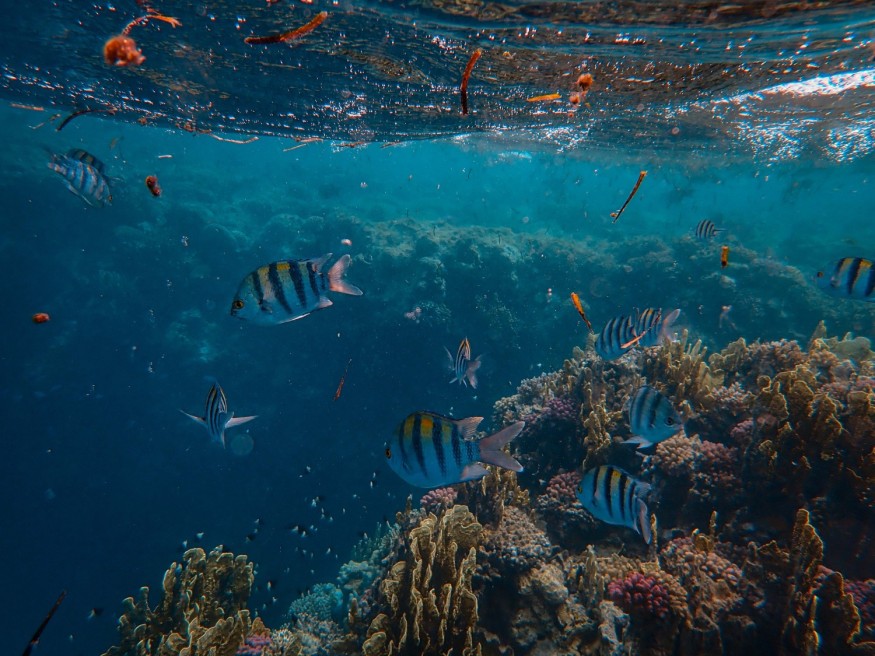The biodiversity of the world's oceans and coastal habitats are at risk due to the continuous unprecedented changes caused by both artificial and natural factors, according to a new research spearheaded by the University of Cambridge.
As a result, experts provided the emerging impacts of 15 environmental issues on ocean biodiversity in the next decade.
Environmental Issues

Deep sea lithium extraction, deep water overfishing, and indirect wildland fire impact on oceans are some of the 15 environmental issues laid out by scientists.
The team of experts listed the issues that they believed to be the most significant impact on marine biodiversity and coastal biodiversity in the next five to 10 years.
Other issues in the list included the threat posed by new biodegradable materials, and the so-called "empty zone" along the Earth's equator left by marine species as they attempt to flee from the planet's warming ocean region.
The said environmental issues can be seen in the new study published in the journal Nature Ecology & Evolution on July 7.
Also Read: Scientists Call for Collaborative Effort to Study Marine Ecosystem Damage Caused by SE Asian Fires
Marine Biodiversity Threats
Over recent years, various studies have shown that marine resources overexploitation, overfishing, ocean warming, marine plastic pollution, industrial chemicals, and other human-induced factors are some of the recognized threats to marine biodiversity.
However, natural factors like climate change and global warming also contributed to the potential degradation or extinction of some marine animals, both in terms of short-term or long-term periods.
Separate yet related research also estimated that various marine species in the world's oceans are at risk by the end of the 21st century.
Climate Change and Global Warming
While human-related activities can be easily reversed, or improved at least, the worsening of the ongoing climate crisis poses the greatest threat.
Nevertheless a looming climatic disaster is imminent unless efforts, including reduction on greenhouse gas emissions, are made immediately, as claimed by the scientific community.
As early as 2019, of these scientific predictions comes from Australian climate experts in their new study at that time.
In their research, the experts said that the world's oceans could potentially lose about one-sixth or 16% of its fish and various marine life forms by the end of the year 2100, as cited by CBS News.
The US media outlet also cited a comprehensive computer-based estimation of international team of marine biologists.
The simulation says that for every degree Celsius (1.8 degrees Fahrenheit) that contribute to ocean warming, also leads to a drop of the total mass of sea animals by 5%.
Polar Regions at Risk
In a special report by the Intergovernmental Panel on Climate Change (IPCC), the Arctic and Antarctic Ocean are affected by climate change.
In particular, both the northern and southern polar regions are at risk, with an emphasis on the melting glaciers and ice sheets.
This said assessment comes after the polar regions lost significant chunks of its ice and the transformation its oceans.
In addition, the Arctic surface air temperatures has also likely increased over twice the global average in the last 20 years, according to the IPCC.
Moreover, the Antarctic also witnessed changes like the retreating glaciers and sea ice melting.
The melting of ice has long been deemed to cause a significant global sea level rise in the future, affecting first coastal areas and low-lying land areas.
© 2025 NatureWorldNews.com All rights reserved. Do not reproduce without permission.





